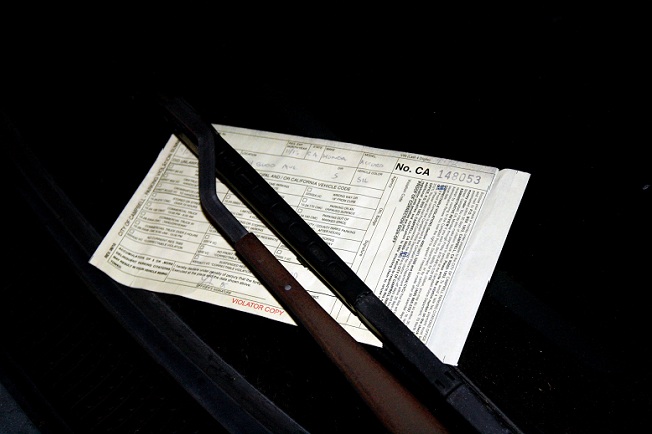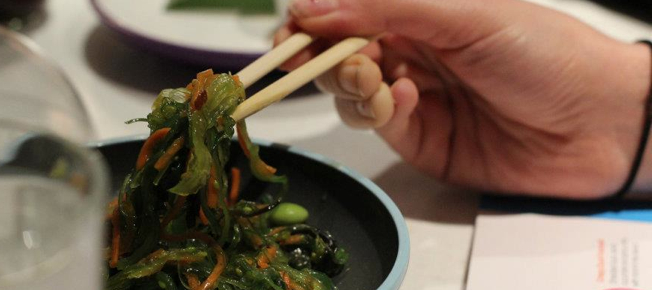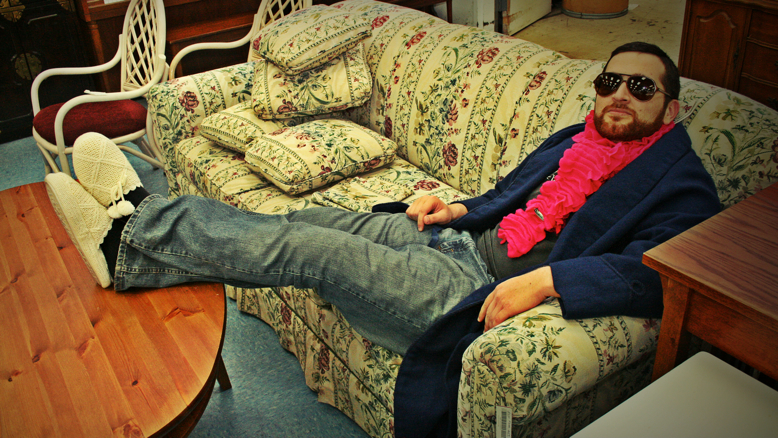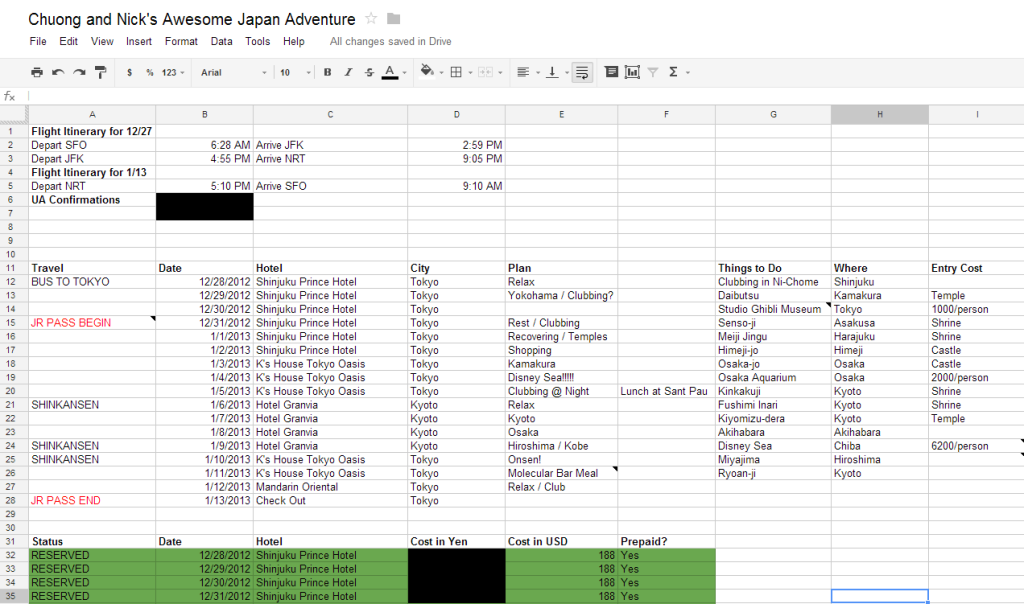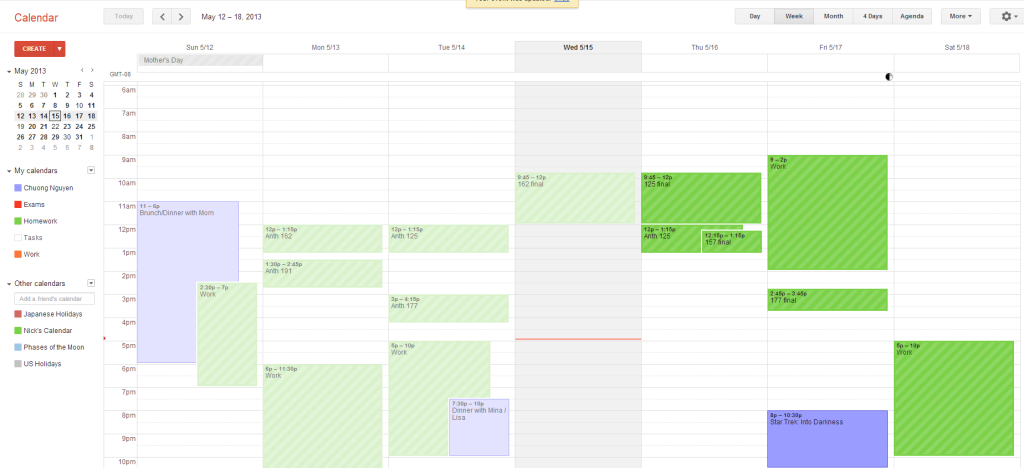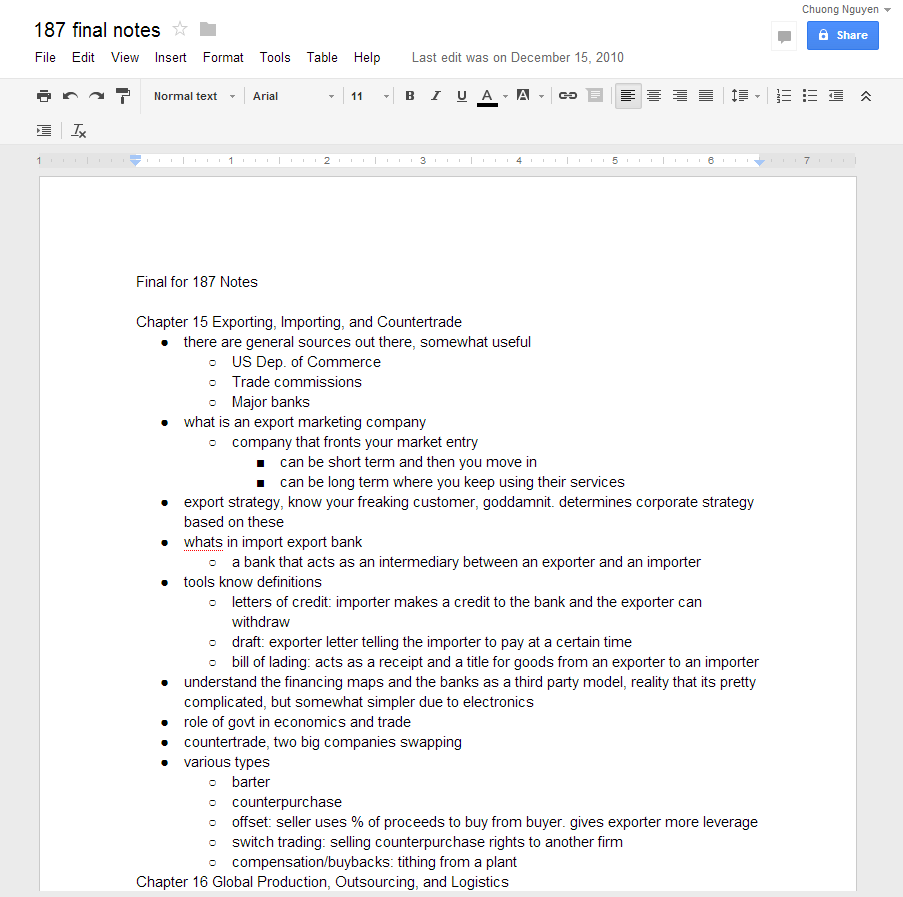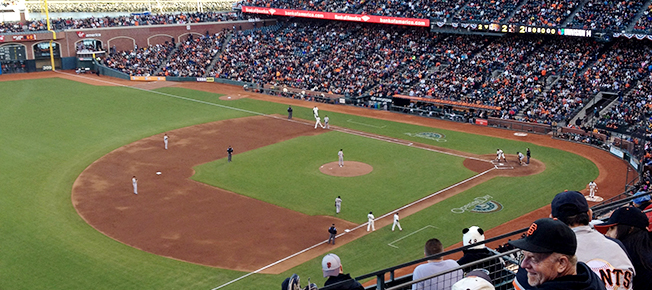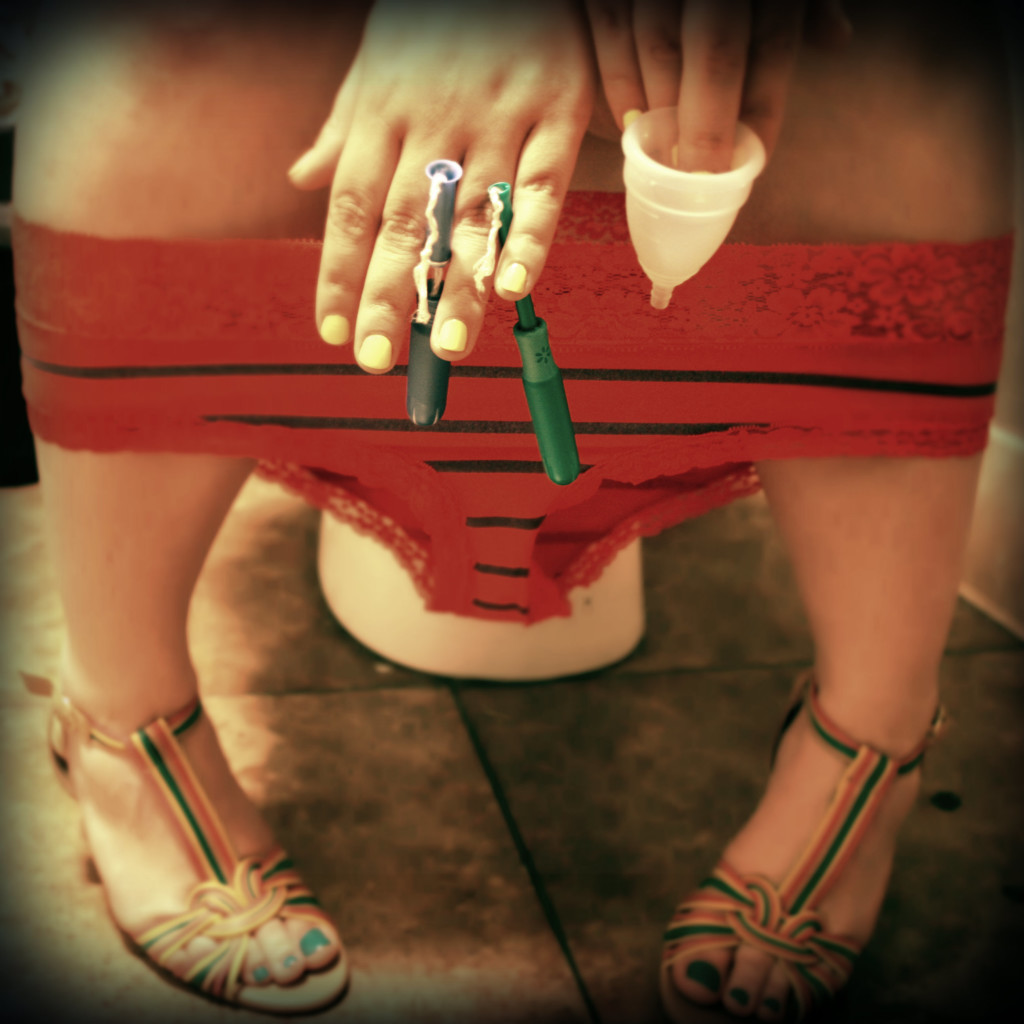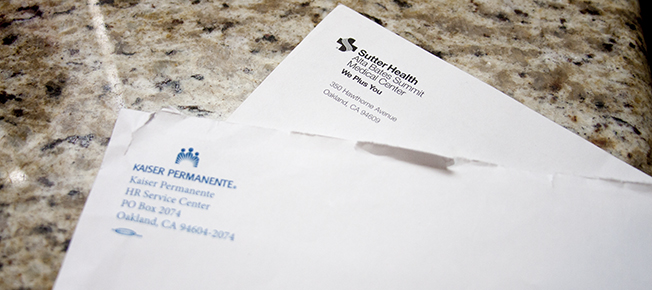So you want to run? You want the wind in your hair, the asphalt under your feet, and the feeling of accomplishing a physical milestone? Welcome! Let’s get you off the couch and into the world of early mornings, aches and pains, and numbing ice baths.
First, a little something about me: I have never been a runner. Throughout my childhood, I participated in many sports but didn’t love running. But then I grew up, became an adult, and realized that I needed to create an active lifestyle for myself. So I joined up with Team In Training (more about that later) and have since run 2 half-marathons and a handful of 5Ks and 10Ks, along with close to 500 miles in training.
So maybe you’re asking, “Why is this article titled ‘Couch to 10K’ and not ‘5K’”? Because all of the information I’m about to drop is valuable for building up to running longer races. Running 5Ks is a wonderful and admirable goal, but a 10K requires a bit more information; so this article will give you a guidance system for eventually doing those longer races. Because, hey! You’ll be crossing those finish lines in no time.
There is an entire world of running and you can get in pretty deep, but today I’ll cover training and conditioning, clothing, and nutrition.
Training and Conditioning
There are a few methods by which elite runners train. “What, you mean you don’t just go out and run?” Well, yes, of course you can just do that. However, there are some other training methods that have become popular recently in the running world: one of which is called interval training.
Interval training (also known as the “Run/Walk Method”) can be implemented in many ways while running. My training consisted of running for five minutes and then walking for one minute. A friend of mine would run for the length of three songs and then walk for one. The basic principle is that you give your muscles a chance to cool down while running instead of after. This allows your muscles to recover more quickly, allowing less soreness. For more in-depth information, check out what famed runner Jeff Galloway has to say on the subject. I encourage you to explore his site for everything from running tips to training schedules.
In addition to finding your perfect training method, conditioning is very important. Do you have to be in pristine shape to run a 10K? No, you don’t. But, you do need to work yourself up to the distance via cardio training. I’m a girl who likes to do “Just Dance” on the Wii for 45 minutes. Do what works for you! But make sure you add in some other form of workout (cardio or cross training) in between your midweek runs.
Speaking of midweek runs… you need to do them! Running 3-4 times per week will put you on the perfect track for your 10K. One run per week should be a longer distance, working your way up to 10 kilometers (6.2 miles). But it’s great to go out for shorter midweek runs to build your endurance. Find a friend, make it a before-work social event, and have fun with it. And make sure you stretch! Here’s some information on dynamic stretching (which is better than static stretching) for before and after your runs.
Clothing
Maybe what you wear isn’t the most important thing in your training, but it will be more comfortable if you wear certain items made out of certain materials.
If you go to an active-wear store or Target or wherever, you will see “moisture wicking” on many of their items. Those are what you want! Please, please, please don’t wear cotton (this includes socks and undergarments)! Cotton traps moisture, making your clothes heavier, making you heavier, making running harder. Okay, maybe it’s not that dramatic, but you’ll thank me later for the moisture wicking.
There are tons of options in terms of styles of clothing. Shorts, capris, leggings, short sleeve tops, long sleeve, no shirt—these are all available to you! Some pants have places for your keys; some have pockets to carry nutrition with you. Some bottoms have built in underwear, some don’t. (Trust me, you don’t want to be too sweaty in your nether regions, so perhaps invest in some sports underwear.) But most importantly, wear what you want. It’s not a fashion show. Just make sure to dress for the weather where you live.
Nutrition
“Wait, I need to eat something while running?” Yes, but only during longer runs. After about forty-five minutes of running (sometimes sixty, depending on body weight) your body seriously depletes in calorie levels. So it’s time to load up! This is your time to try out what works for you. As with everything else I’ve talked about, there are many, many options for what you can eat.
My favorite treats include Clif Shot Bloks and shell-less sunflower seeds. The Shot Bloks have a high calorie count and the sunflower seeds offer salt, which you lose while running (yay, sweat!). You’ll notice that right after you eat these mid-run snacks, your energy kicks back in to high gear and you feel ready to run more. Again, try out a few things to see what you like, what doesn’t upset your stomach, or what is easiest to carry. You’ll find your favorites soon enough.
Along with consuming calories, make sure you drink water or an electrolyte-enhanced drink! You really don’t want to get dehydrated during or after your runs. Check out this Runner’s World Article on eating and drinking before, during and after your runs. I love their suggestion of drinking chocolate milk—yum!
Time to Run
So, now that you have all of the information you need, it’s time to get out and run! Just do it. You’ll feel amazing afterwards and as soon as you cross the finish line, you’ll have reached an incredible personal goal.
If you want more help with training, I would suggest looking in to a few different groups that offer coaching while you give back to charitable organizations. Remember that I mentioned Team In Training (TNT)? TNT offers coaching assistance with a large group of people in your neighborhood, all while supporting and benefiting the Leukemia and Lymphoma Society (LLS). I ran both my half marathons with TNT, and I couldn’t be happier with the results. Not only can I pass all of my learned information on to you fine folks, but I also had an extremely gratifying experience raising money for LLS. I have never been prouder to call myself a runner.
Now, it’s your turn. Sign up for your first 5K or 10K and let us know how the training went, what worked, and what didn’t in the comments section below! The first time crossing the finish line is always the best. Here’s to more firsts!
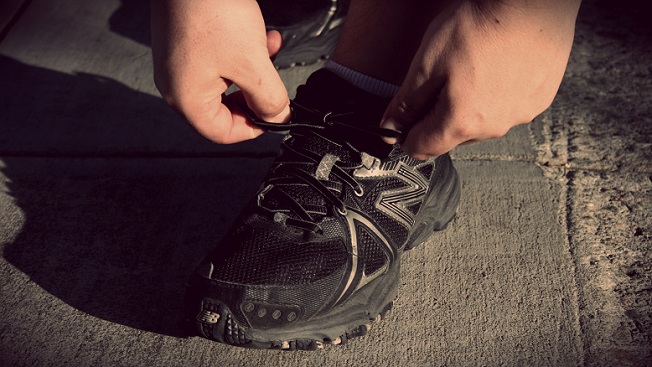
Photo by Sara Slattery
